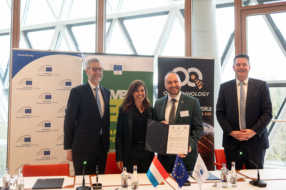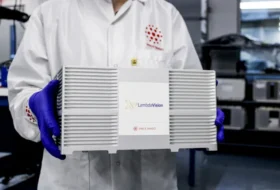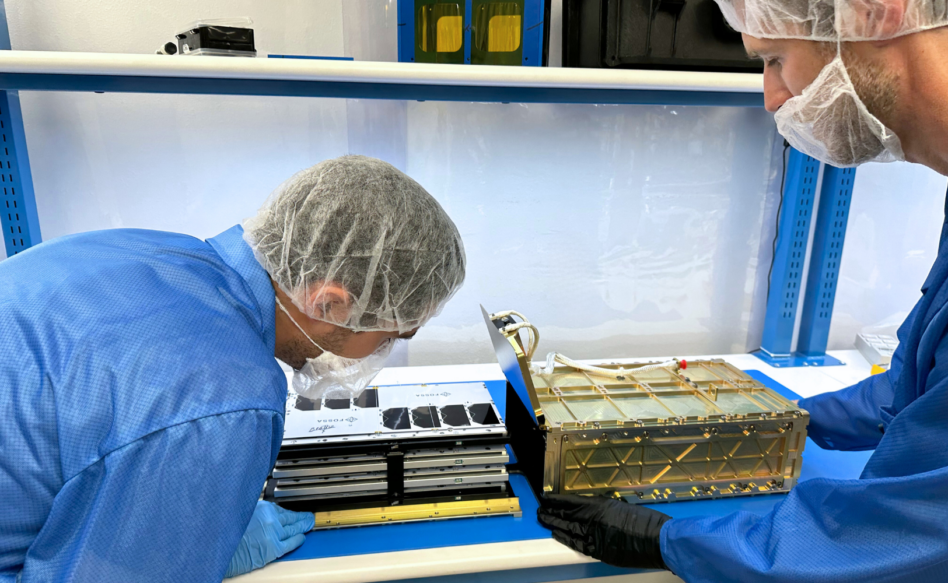Space SPACs aren’t dead yet!
Lynk, which operates satellites that connect directly to mobile phones to provide emergency connectivity, laid out its plans to go public later this year by merging with a blank check firm run by former baseball star Alex Rodriguez.
In 2017, entrepreneur Charles Miller founded Lynk, which currently operates three satellites in LEO that can connect directly to standard mobile phones. The company’s model is to partner with mobile network operators to extend their range. Lynk says it has deals with 35 networks, including a handful of relationships with providers operating on Pacific Ocean islands.
By the numbers: The company announced the deal in December but officially filed with the SEC Monday.
- It’s expected to value Lynk at about $1B and raise $100+M for the company.
- The new capital will come from a $110M private equity investment, alongside cash raised by retail investors in Rodriguez’s SPAC—but those shareholders can pull out of the deal when it closes, which could lead to less capital for Lynk.
- The company expects to lose money in 2024 before turning EBITDA positive in 2025.
- According to its prospectus, the company started the year with just $10M in remaining cash on its balance sheet.
Talkin’ SPAC: Over the past few years, several space companies have gone public via SPAC—a process where a special purpose acquisition company raises capital to purchase an existing operational company, taking the latter public without an IPO. But many who have gone that route have fared poorly. Astra and Momentus, which both went public with a SPAC in 2021, are teetering on bankruptcy and Virgin Orbit has already gone under.
Are you down with DTC? The business of connecting cell phones to satellite networks has attracted significant investment in recent years, with space companies eager to tap into the massive market for mobile devices. Thus far, most aim for low-bandwidth text services, but the players aspire to provide voice, data, and even video links in the future.
- Apple partnered with Globalstar to build emergency text messaging into its latest iPhones.
- SpaceX’s Starlink is partnering with T-Mobile to provide connectivity to mobile devices using a new satellite design that debuted last month.
- AST SpaceMobile, which went public with a SPAC in 2022, has launched its own satellites that it says can connect to the phone in your pocket.
- Iridium recently announced Project Stardust, a standards-based approach to the direct-to-cell market that it expects to begin offering as a service in 2026.





